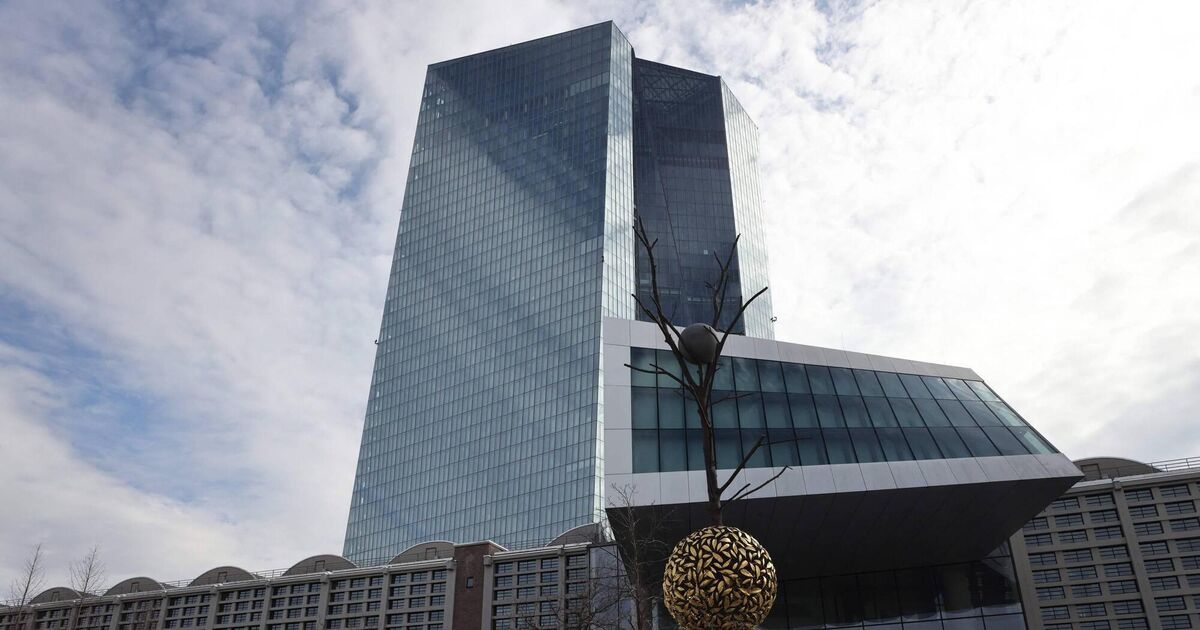A key measure of euro area pay growth plunged, supporting the European Central Bank’s claim inflation will soon hit the 2% target and backing calls to lower interest rates further.
Negotiated wages rose 2.4% from a year ago in the first quarter, the ECB said Friday. That is down from 4.1% in the final three months of 2024 and less than half the 5.4% peak recorded last year.
The data reinforce the idea wage pressures are cooling and will eventually translate into softer underlying inflation that is so far proven stubborn. Prices in the services sector, where salaries play an important role, rose 4% in April.
“We’re seeing wage contracts having actually quite low settlements for this year, even lower for next year,” ECB chief economist Philip Lane said on Friday. “So we are confident services inflation will come down.”
Officials have also been optimistic headline inflation, which held at 2.2% last month, will meet their target in the coming months.
The European Commission predicts it will sink to 2% by mid-2025 and undershoot that level in 2026, partly due to US tariffs and their fallout on financial markets.
The Governing Council is widely expected to cut rates for an eighth time this cycle when it meets next month. Traders are betting on one further move after that this year, an outlook officials have said is “reasonable”.
After strong pay hikes in recent years, recent deals showed workers have been less able to push through their demands. Public-sector unions in Germany recently agreed to a 5.8% increase staggered over two years, calling it a “difficult result”.
An ECB tracker developed to predict future pay increases also signals a sharp slowdown toward year-end. The central bank will present new economic forecasts on June 5.
Analysts at Morgan Stanley have cautioned pay indicators will remain volatile for now, partly because of the strong use of one-off payments in Germany. They predict negotiated wages will rise more strongly this quarter before abating again in the second half of the year.
Bloomberg
